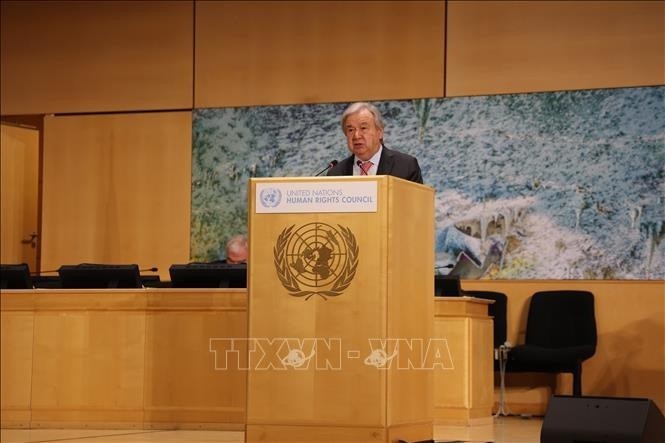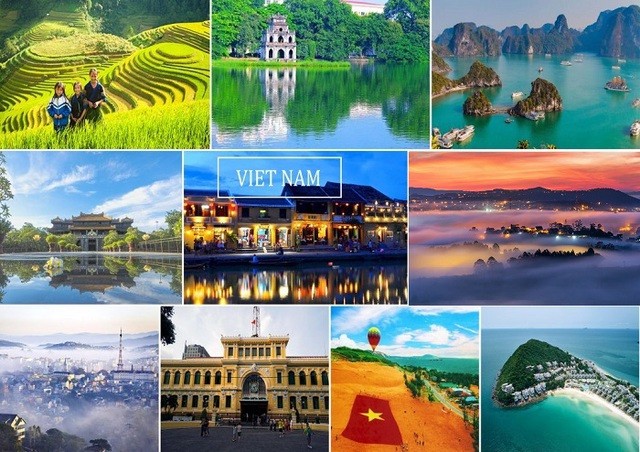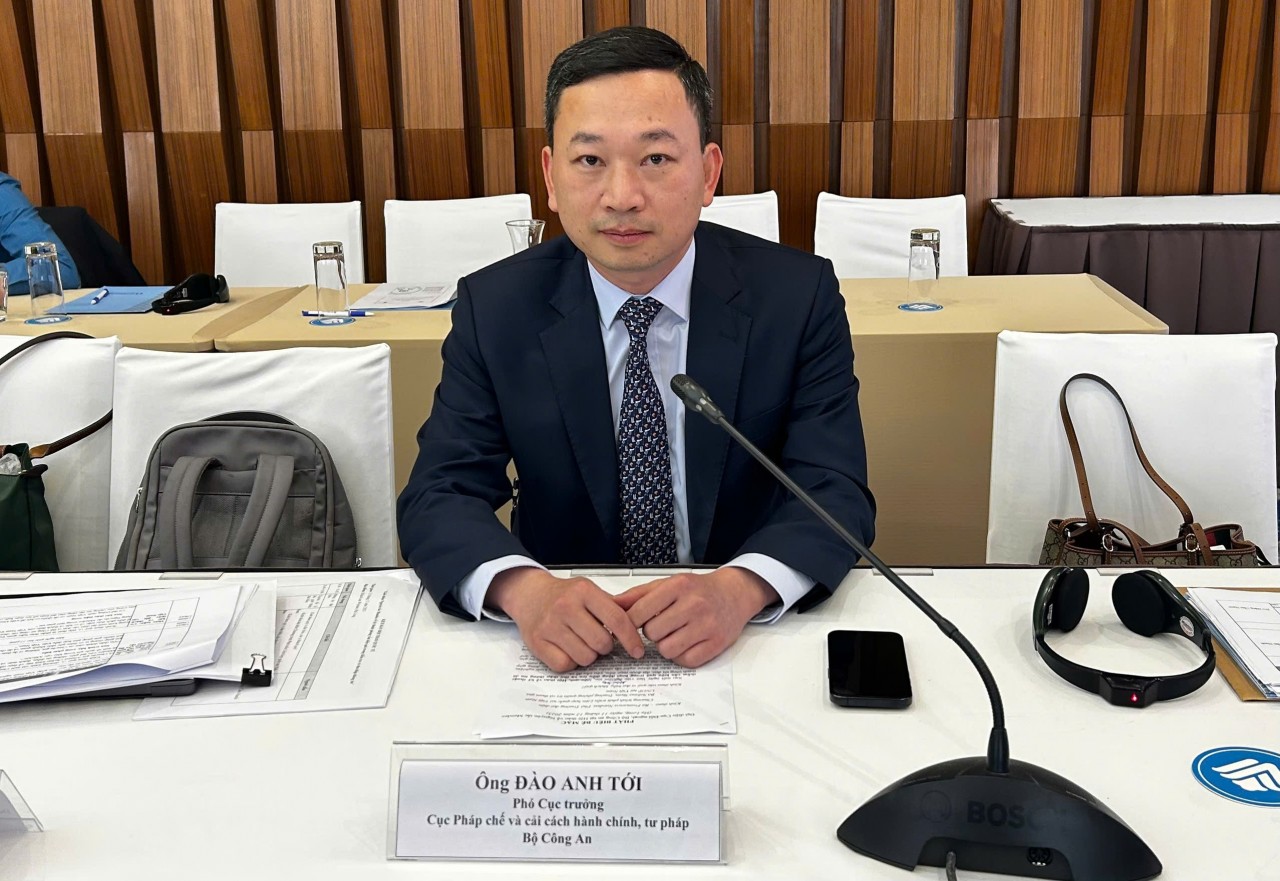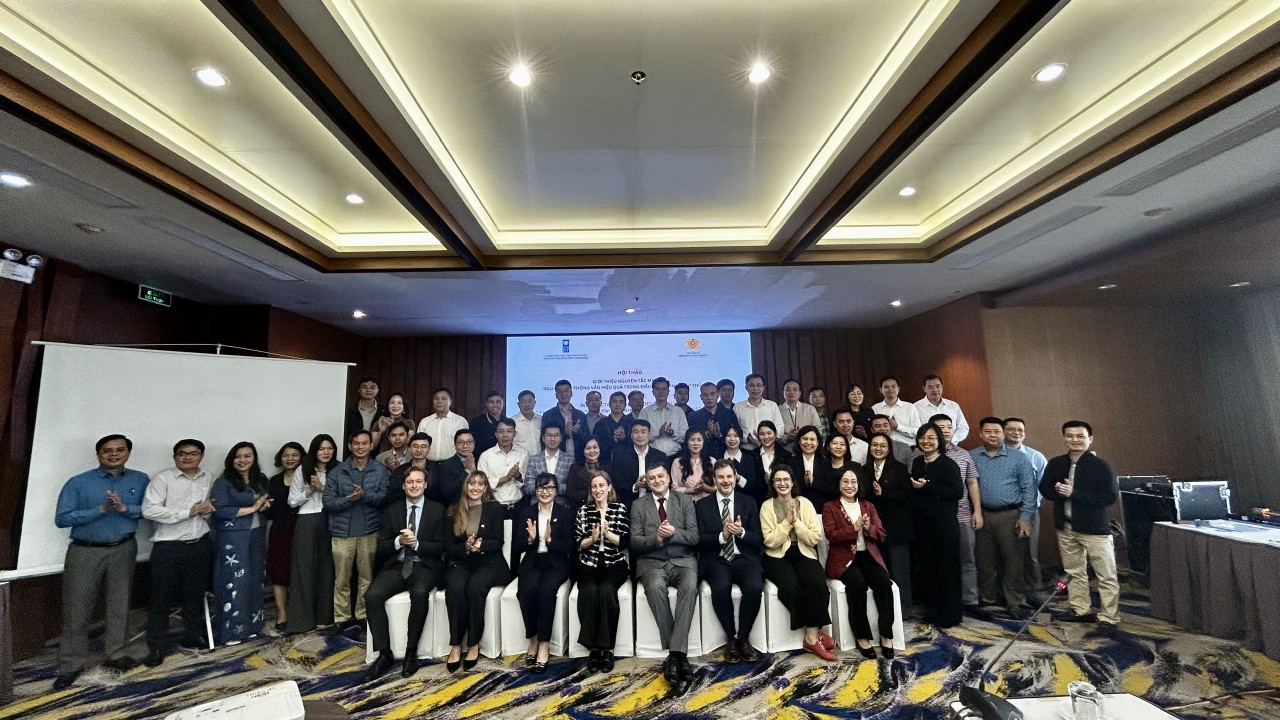Deputy Minister of Justice Nguyen Thanh Tinh: Vietnam Always Values and Strives to Fulfill Its International Commitments on Human Rights
| Vietnam Makes Practical and Prominent Contributions to Human Rights Issues | |
| Vietnam as Land of Hope, Resilience, and Progress |
- It is known that Vietnam has been actively implementing the International Covenant on Civil and Political Rights (ICCPR). Could you share when Vietnam joined this covenant?
The International Covenant on Civil and Political Rights (ICCPR) is a vital multilateral treaty with broad participation, 173 countries in total. It enshrines rights associated with individuals from birth throughout life, such as the right to life, the right to personal security and safety, freedom of speech, freedom of association, freedom of belief and religion, and the right to participate in social governance... Some of the rights outlined in the ICCPR have subsequently been developed by the United Nations into separate international treaties, such as the right not to be subjected to torture and the right to gender equality. Vietnam acceded to the ICCPR on September 24, 1982.
During the third dialogue between Vietnam and the United Nations Human Rights Committee on the implementation of the ICCPR, held on March 11-12, 2019 in Geneva, Switzerland, Vietnam presented its third periodic report (covering the period from 2002 to 2017). Following the dialogue, the UN Human Rights Committee issued recommendations, and Vietnam has since made efforts to implement these recommendations while continuing to improve its legal framework and practical enforcement of civil and political rights.
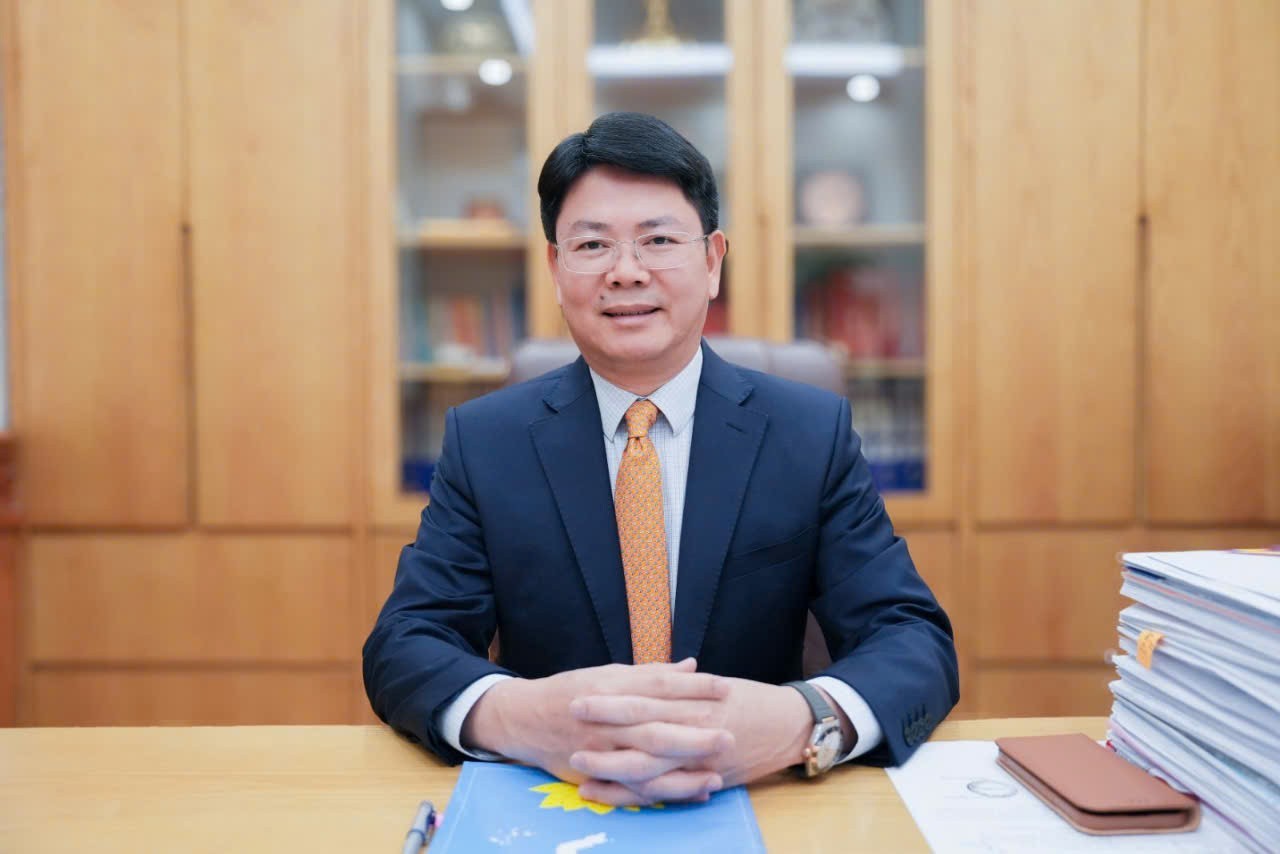 |
| Deputy Minister of Justice Nguyen Thanh Tinh |
- Building and perfecting a socialist rule-of-law State of Vietnam is a major directive of the Party and State. How does this directive contribute to the protection and promotion of human rights?
Ensuring and promoting human rights is a consistent and pervasive policy of the Party and the State. The 13th National Party Congress said: “The people are the centre of the Fatherland renovation, construction and protection. All guidelines and policies must truly originate from the people’s lives, aspirations, rights and legitimate interests, taking the people’s happiness and prosperity as the goal to strive for”, and “The Party and the State promulgate guidelines, policies and laws to create a political and legal foundation, respect, ensure and protect the people's right to mastery”.
Regarding the operation of judicial bodies, the 13th Congress emphasized: "Continue to build a professional, fair, strict, and incorruptible Vietnamese judiciary that serves the Fatherland and the people. Judicial activities must carry the responsibility to protect justice, human rights, and citizens' rights, to safeguard the socialist regime, the interests of the State, and the legitimate rights and interests of organizations and individuals."
A rule-of-law state, by nature, is a state where the law reigns supreme. Thus, the Party and State's directive to build a rule-of-law state is aimed at ensuring human rights, personal freedoms, and fairness and equality in society. Guided by this principle, in the development and improvement of the legal system, law enforcement, and judicial reform, the Party has issued multiple resolutions and conclusions to promote and safeguard human rights.
For example, Resolution No. 27-NQ/TW dated November 9, 2022, issued at the 6th Plenary Session of the 13th Party Central Committee on continuing to build and improve the socialist rule-of-law State of Vietnam in the new period, calls for timely and comprehensive institutionalization and concretization of the Party’s viewpoints and policies, and the Constitution’s provisions on human rights, citizens’ basic rights and obligations, internalization of international treaties on human rights to which Vietnam has participated.
This resolution clearly affirms the responsibility of state agencies to respect, ensure, and protect human rights and citizens’ rights. It is necessary to properly implement the principle that citizens are allowed to do everything that is not prohibited by laws; civil rights are inseparable from civil obligations; civil rights must not infringe upon national interests, the legitimate rights and interests of organisations and individuals.
Resolution No. 66-NQ/TW dated April 30, 2025, issued by the Politburo, on reforming the law-making and law-enforcement process to meet the development demands of the country in the new era, includes clear messages about perfecting the legal system, such as "seizing every opportunity, paving the way, unleashing every resource, turning institutions and laws into competitive advantages, solid foundations and strong driving forces for development, creating room to promote ‘double-digit’ economic growth and improving people's lives…", "substantially ensuring the right to freedom of business, property ownership rights and freedom of contract, equality between enterprises of all economic sectors; the private economy is the most important driving force of the national economy". All these contents are directed toward fostering a developed society that guarantees freedom, equality, happiness, and prosperity for all, thereby better ensuring human rights.
- How has the institutionalization of the Party’s policies on respecting, ensuring, and protecting human rights and citizens’ rights been implemented?
The principle that human beings are the center, the subject, the most important resource, and the ultimate goal of development has been fully institutionalized in Vietnam’s Constitution and laws.
The 2013 Constitution affirms the principle: “In the Socialist Republic of Vietnam, human rights and citizens' rights in the political, civil, economic, cultural and social fields are recognized, respected, protected and guaranteed in accordance with the Constitution and the law”. It also clearly states that everyone has the duty to respect the rights of others, and the exercise of human rights and citizens’ rights must not infringe upon national interests, ethnic interests, or the legitimate rights and interests of others.
In recent years, Vietnam has adopted many laws and National Assembly resolutions related to human rights and citizens’ rights, thereby helping to concretize the provisions of the 2013 Constitution as well as international human rights treaties to which Vietnam is a member. At the same time, the order and procedures for promulgating legal documents have also been improved with regulations on principles, procedures for collecting public opinions to ensure the rights of the affected subjects, also ensuring human rights and citizen rights. This process also promotes public and societal participation in law-making to ensure that legal regulations are put into practice promptly and effectively, meeting the requirements. Violations of human rights are also addressed through improvements to the legal framework for dealing with such violations. Legal provisions aimed at ensuring social order, security, and safety, thereby better protecting citizens’ rights, are increasingly being improved.
In addition, Vietnam is actively improving the concerned legal framework to create conditions for individuals to enjoy their rights to the highest possible extent. Alongside this, we continue to strengthen the legal framework for the organization of state machinery; improve the effectiveness of law enforcement; and accelerate administrative reforms, with the ultimate goal of better serving the needs of the people, businesses, and society.
Numerous national target programs, plans, and action programs have been issued to mobilize resources to promote socio-economic development, thereby enhancing the material and spiritual life of the people across all areas. As a result, Vietnam has achieved significant progress in ensuring and promoting human rights, which has been recognized by the international community.
- How has the Vietnamese delegation prepared for the dialogue on the national report on the implementation of the International Covenant on Civil and Political Rights (ICCPR) at the 144th session of the Human Rights Committee in Geneva?
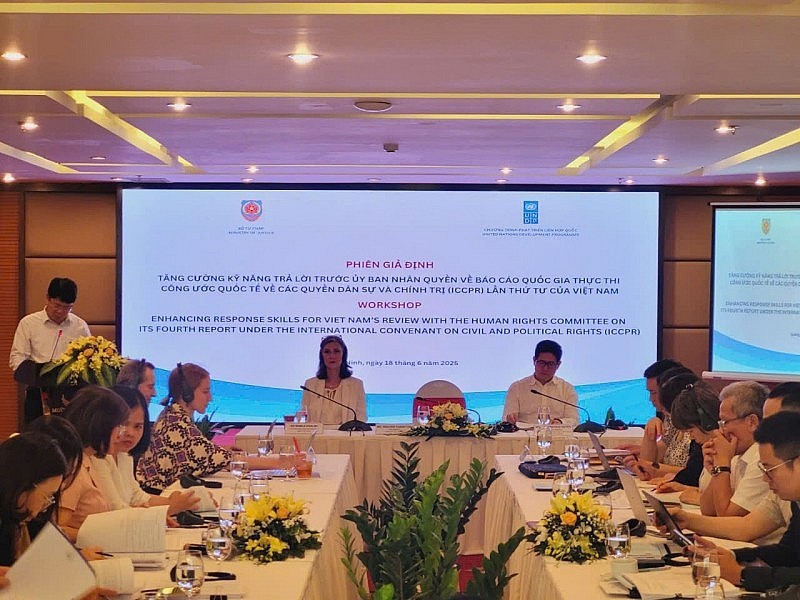 |
| An activity co-organized by the Ministry of Justice and UNDP in Quang Ninh. |
To prepare for Vietnam’s fourth report on the implementation of the ICCPR, the Ministry of Justice established a drafting committee that included the participation of ministries and agencies directly involved in the Covenant’s areas. The draft report was consulted with relevant agencies and organizations in accordance with the guidance of the Human Rights Committee.
On March 22, 2023, Vietnam submitted its fourth ICCPR report to the Human Rights Committee. Based on this national report and following the Committee’s procedures, on May 28, 2024, the Human Rights Committee issued a List of Issues of Concern for Vietnam’s fourth ICCPR report. Based on the list, the Ministry of Justice coordinated with relevant ministries and agencies to prepare Vietnam’s replies to the List of Issues. On December 19, 2024, Vietnam submitted its response report to the Human Rights Committee regarding the List of Issues related to its fourth ICCPR report.
Additionally, to prepare for the dialogue session, the Ministry of Justice submitted the Fourth ICCPR Implementation Protection Plan to the Prime Minister for approval. Following the Prime Minister’s approval, the Ministry of Justice established an inter-agency working delegation with representatives from nine relevant ministries and sectors. These are the bodies most directly involved in the implementation of the specific provisions of the ICCPR, including difficult and complicated content.
The Ministry of Justice, together with relevant ministries and agencies, has thoroughly reviewed the 2024 List of Issues of Concern, the 2019 recommendations from the Human Rights Committee, and more than 50 reports from non-governmental organizations (independent reports) regarding the implementation of the Covenant in Vietnam. This preparation is aimed at ensuring the Vietnamese delegation proactively prepares the content for the dialogue with the Human Rights Committee.
- Could you share more about the objectives and expectations of the Vietnamese delegation at this dialogue session?
We view this dialogue on the national report on the implementation of the International Covenant on Civil and Political Rights at the 144th session of the Human Rights Committee in Geneva as an opportunity for Vietnam to present its efforts and achievements in implementing the Covenant.
Therefore, the Vietnamese delegation will participate in the dialogue in a spirit of openness, sincerity, cooperation, and constructiveness. During the session, we will focus on delivering several key messages, such as Vietnam is currently undertaking transformative and revolutionary reforms to bring the country into a new era of development. These include innovations in the law-making and law-enforcement process and continued efforts to build a socialist rule-of-law State of the people, by the people, and for the people.
Expanding democracy and creating conditions for people to participate in State management are increasingly focused on, ensuring and better protecting the civil and political rights of the people. Affirming that Vietnam always pays attention and prioritizes the best possible resources and will conduct synchronous measures to promote, protect, and better ensure civil and political rights. The information and evidence presented in the report, as well as the dialogue session, will provide a clear answer, refuting incorrect information about the human rights situation in Vietnam.
Regarding issues that are mentioned but are not accurate and objective about the human rights situation in Vietnam, we are determined to have a frank dialogue, not to avoid them. For issues that are already clear, we will respond immediately; for those lacking sufficient information, we will request further details for verification and provide answers at a later time.
We also approach this dialogue in a spirit of humility and openness toward the issues raised, with a willingness to listen and to further promote the areas in which we have made positive progress. Simultaneously, we aim to adopt appropriate approaches to improve the effective implementation of the Covenant.
- Thank you very much!
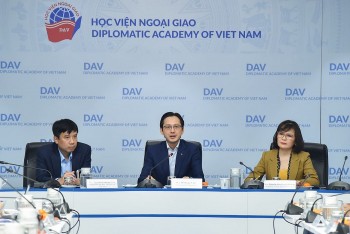 | Fostering Innovation in Dissemination of External Information of Human Rights On the morning of December 19 in Hanoi, the workshop titled 'External Information on Human Rights in the New Situation' was held. |
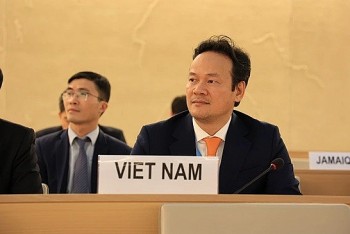 | Vietnam Constantly Promotes the Protection of Human Rights Vietnam has actively engaged in numerous international conventions on human rights and consistently strives to uphold and promote these rights. Its efforts have led to ... |
Recommended
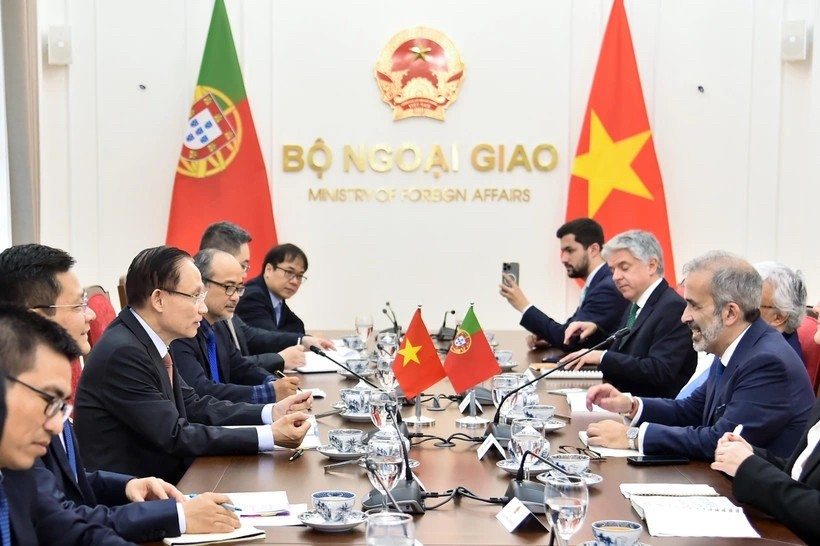 National
National
Vietnam News Today (Mar. 1): Vietnamese, Portuguese Foreign Ministers Hold Talks in Hanoi
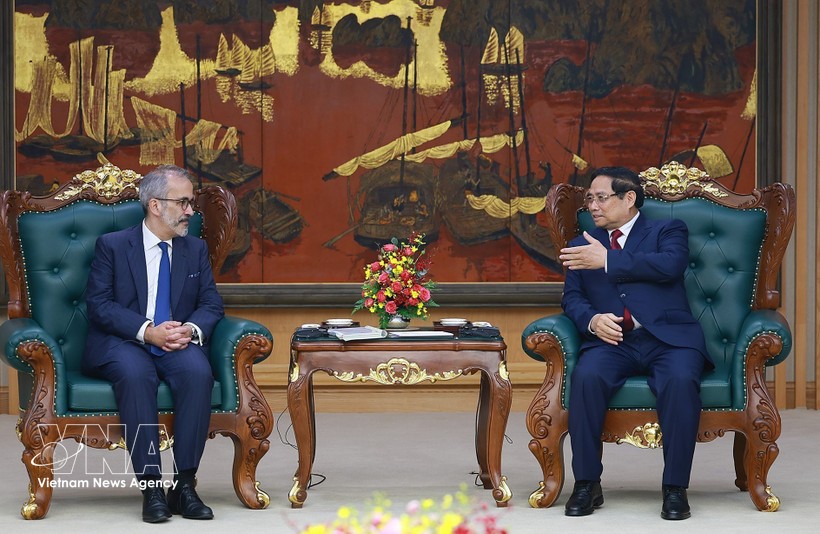 National
National
Vietnam News Today (Feb. 28): Vietnamese, Portuguese Foreign Ministers Hold Talks in Hanoi
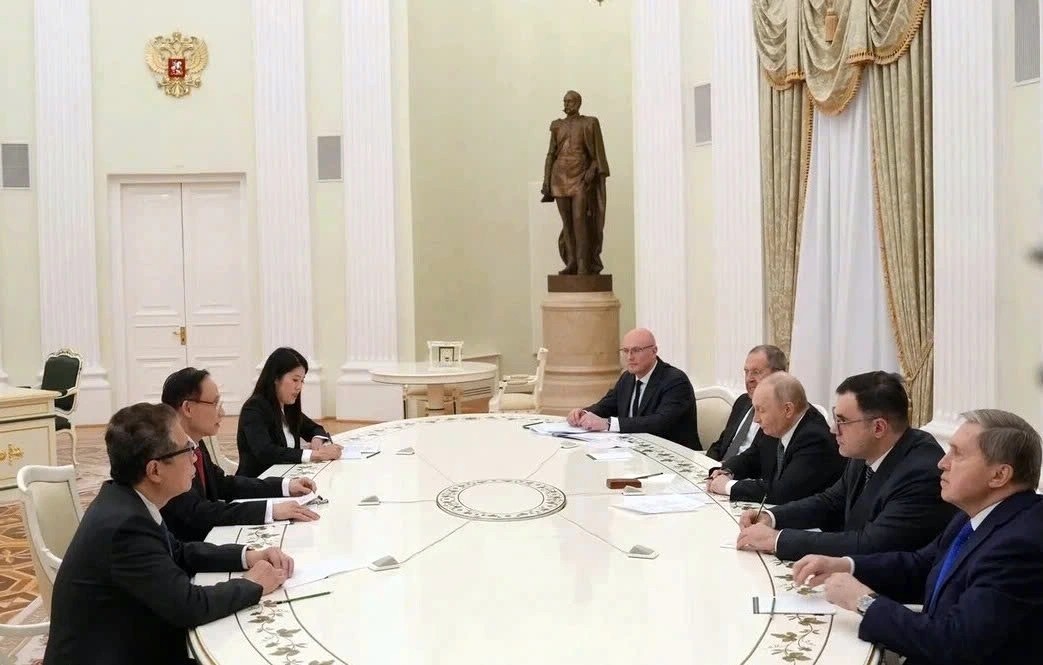 National
National
Vietnam News Today (Feb. 26): Russia Backs Stronger Strategic Ties With Vietnam Following Party Congress
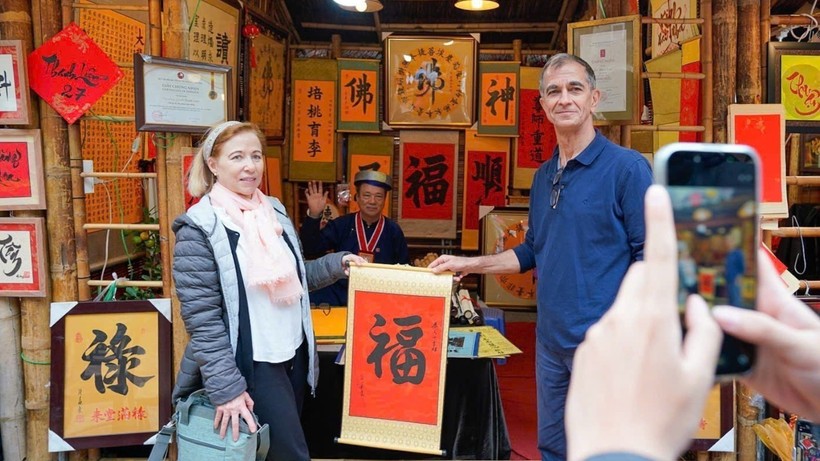 National
National
Vietnam News Today (Feb. 25): Tet Tourism Season Sees Strong Nationwide Growth
Popular article
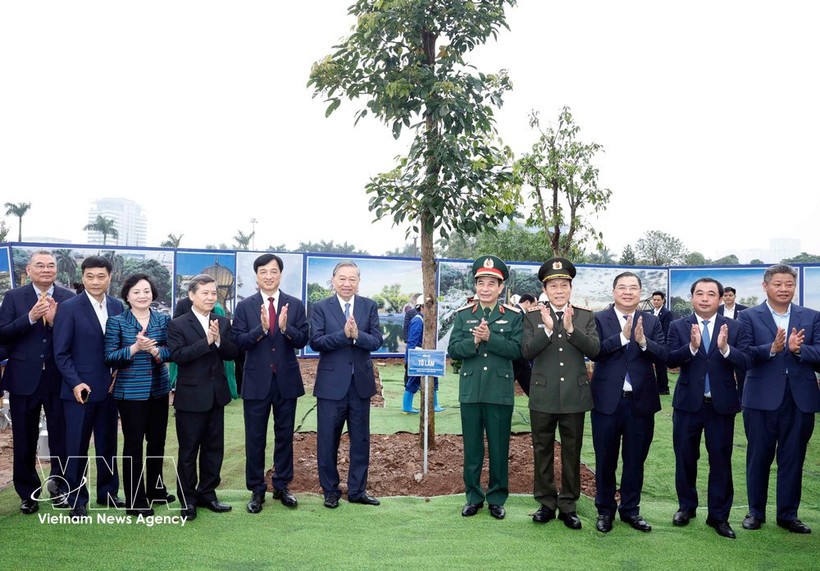 National
National
Party Leader Attends Launch of Tree Planting Festival in Hanoi
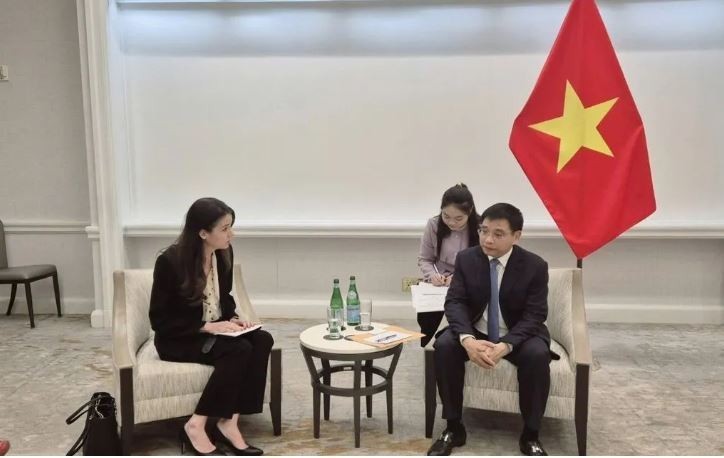 National
National
Vietnam News Today (Feb. 24): Vietnam Considers Intel Long-term Strategic Partner in Semiconductor Industry
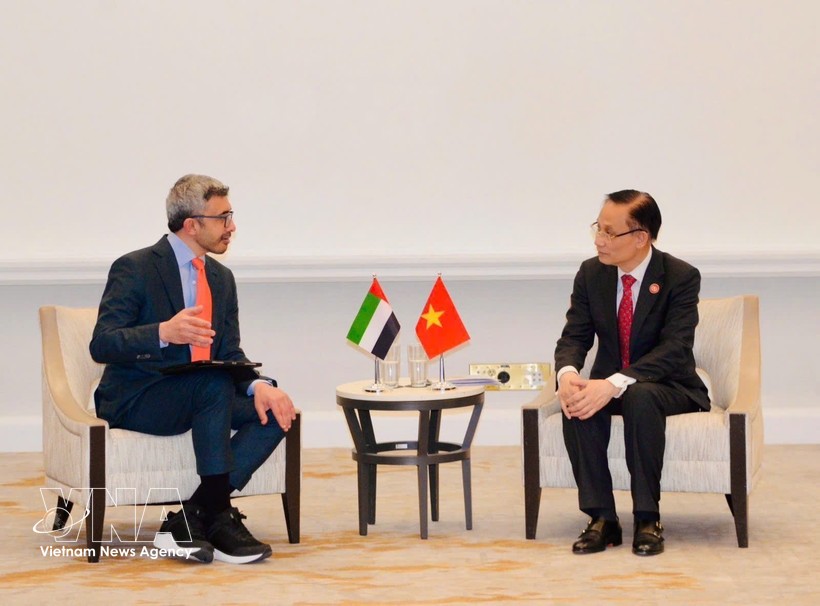 National
National
Vietnam News Today (Feb. 22): Vietnamese FM Meets Counterparts of UAE, Egypt and Türkiye
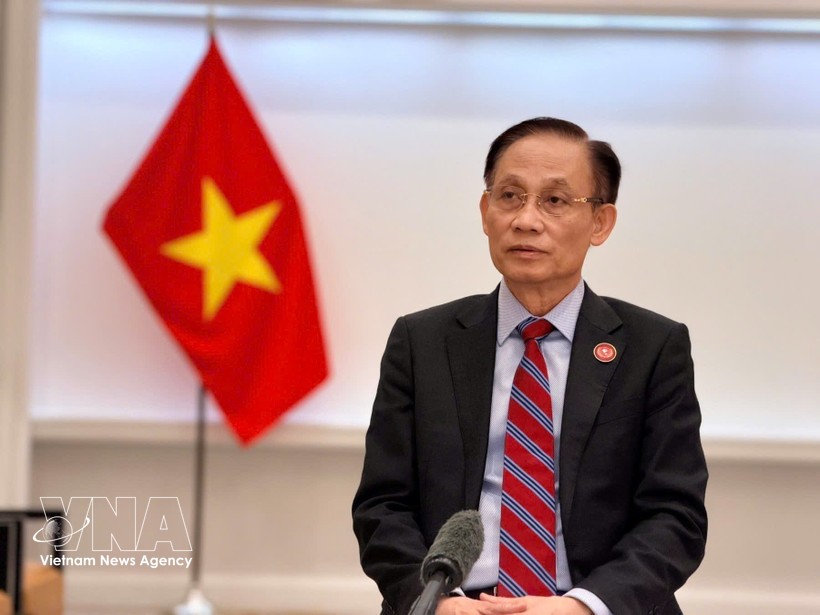 National
National




